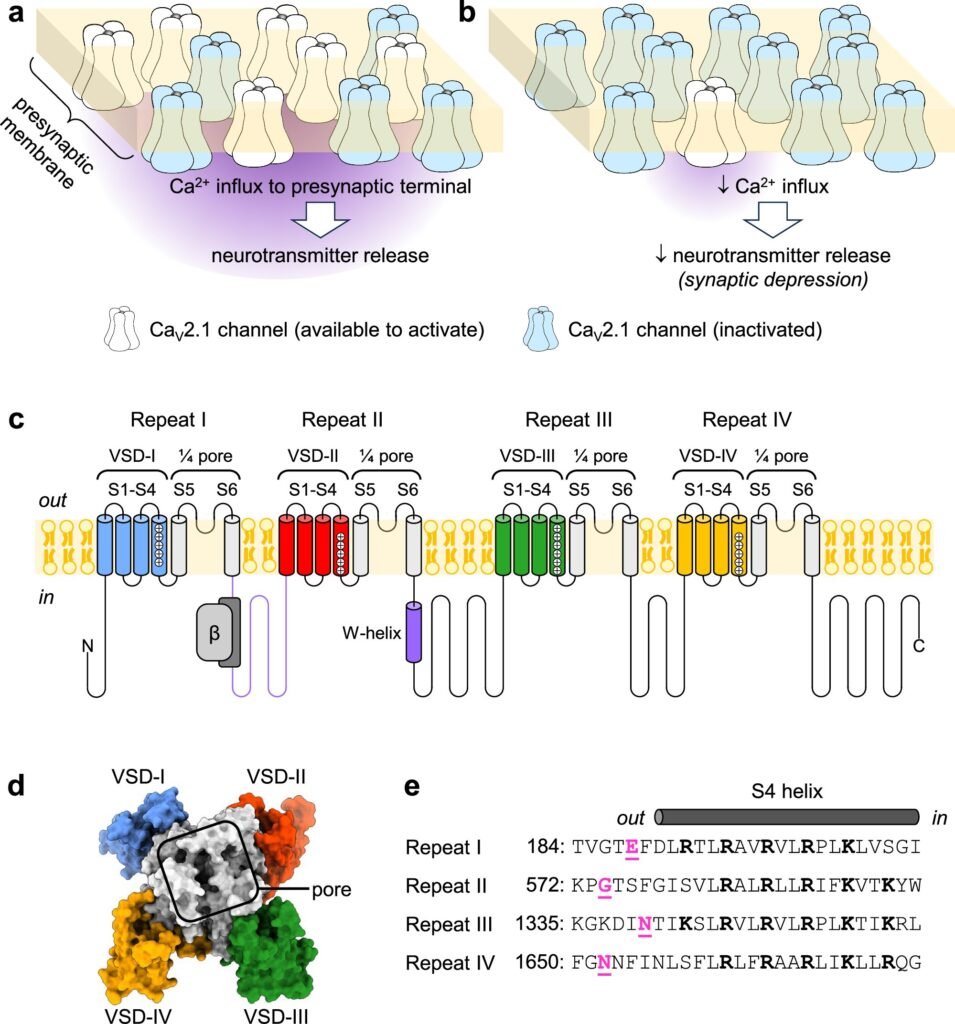The brain’s ability to form memories and learn from past experiences is a remarkable feature of human cognition. This process, known as synaptic plasticity, involves the strengthening and weakening of connections between neurons in the brain. Researchers at Linköping University in Sweden have recently made a groundbreaking discovery regarding the role of calcium ion channels in this process.
In a study published in Nature Communications, the researchers identified a specific ion channel in the brain, known as the CaV2.1 channel, as having a unique “molecular memory” that contributes to the formation and preservation of memories. This ion channel is crucial for regulating nerve-to-nerve signaling in the brain, acting as a gatekeeper for synaptic communication.
The researchers found that prolonged electrical activity can induce a “memory” effect in the ion channel, reducing its ability to open and release neurotransmitters. This mechanism allows the ion channel to remember previous signals and modulate its activity accordingly. By studying the molecular structure of the ion channel, the researchers discovered that it can adopt nearly 200 different shapes based on the strength and duration of electrical signals.
According to lead researcher Antonios Pantazis, this complex molecular machine can enter a “declutched memory state” in response to sustained electrical signaling, leading to long-lasting changes in synaptic communication. This collective memory effect in ion channels can accumulate over time, resulting in significant alterations in neuronal connections and contributing to lifelong learning and memory formation.
Understanding the intricate workings of calcium ion channels like CaV2.1 has important implications for the development of new drugs for genetic diseases linked to ion channel dysfunction. By pinpointing specific regions of the ion channel that could be targeted by drugs, researchers hope to develop more effective treatments for neurological disorders associated with ion channel mutations.
Overall, this research sheds light on the fascinating role of ion channels in memory and learning processes in the brain. By uncovering the molecular mechanisms underlying synaptic plasticity, scientists are paving the way for future advancements in the treatment of neurological conditions and enhancing our understanding of the complex workings of the human brain.


